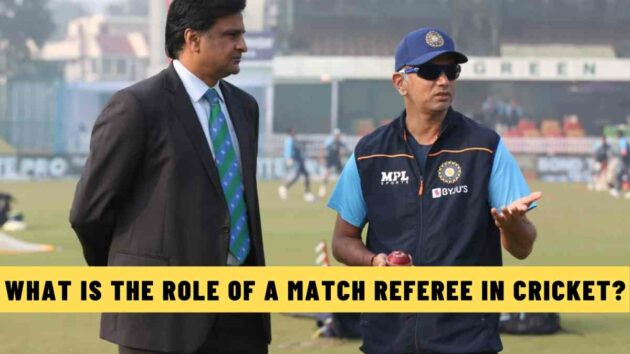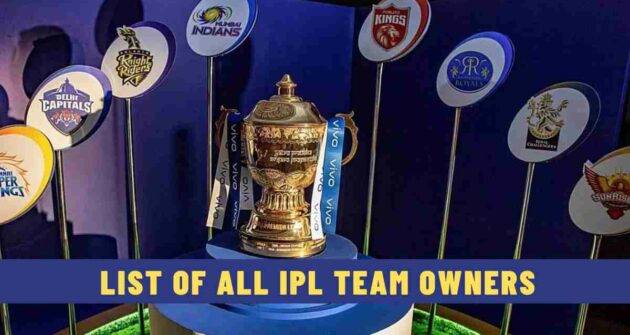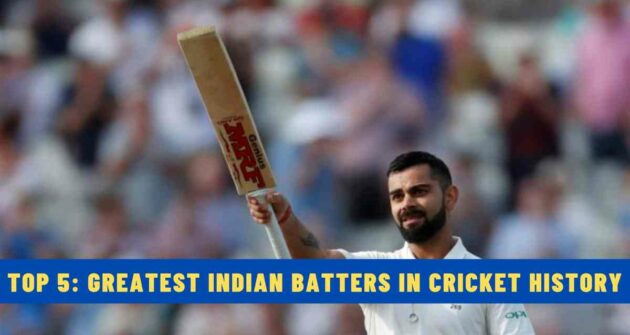When you watch a cricket match, you can notice two umpires officiating the game on the field. And since the past 150+ years, umpires have been part of almost every cricket match.
But over time, the International Cricket Council (ICC) felt the need for an official to oversee matches from behind the boundary ropes. Someone other than the two umpires. That’s when the match referee came into the picture.
Now you must be wondering why cricket needs match referees when umpires are there.
Well, let’s understand the role and responsibilities of a match referee in cricket.
Table of Contents
The Role of a Cricket Match Referee
See, the on-field umpires are responsible for giving their verdict during a cricket match. From monitoring the deliveries bowled by bowlers, determining if a batter is out or not out, to awarding runs.
In short, umpires have a final say in whatever happens on the field during a live cricket match. But there are some things that only the match referee oversees in cricket.
First of all, the match referee is an official representative of the ICC (for international matches) or the national boards (for domestic matches). They are at the top of the pecking order among the match officials and have to carry out certain tasks before and after a cricket match.
Let’s glance at the responsibilities of a match referee.
The Responsibilities of a Cricket Match Referee
The match referee’s job begins even before a cricket match. It ranges from inspecting facilities to preparing match reports.
Let’s go through all of them one by one.
Inspecting Ground Facilities
Before a cricket match starts, it needs a green signal from the referee. Think of them like a supervisor.
They examine the condition of the ground, practice facilities, and player’s and official’s dressing rooms. Once they are satisfied with everything, the match can take place on the scheduled day.
Supervising the Toss
Any match starts with a coin toss between the two teams. And match referees have the responsibility to oversee the toss taking place in a fair manner 30 minutes before the match.
Once a captain flips the coin in the air and it lands on the ground, the match referee tells who won the toss. The winning captain conveys their decision to the referee, whether they want to bat or bowl first.
Upholding the Code of Conduct
Once the match gets underway, the referees sit alongside the third umpire and keep an eye on the proceedings. They monitor the conduct of the players and support staff members of both teams and the umpires.
If the referee finds any of them breaching the code of conduct set by the ICC or the respective national boards, they impose penalties on them. The penalties include monetary fines, demerit points, or even suspensions.
Assessing the Pitch and Outfield
Once the match is over, the referee sends a report to the governing body regarding the condition of the pitch and outfield. Based on the report, the governing body provides pitch and outfield ratings.
Preparing Match Reports
The match referee prepares a detailed report of the things that happened during the game. They hold meetings with team captains and umpires, conveying information about match proceedings and taking feedback.
The report involves the final scorecard, player and support staff conduct, umpires performance, and playing conditions. Based on the report, the governing body takes appropriate action.
Final Words
By now, you must have understood the vital role of a match referee in cricket. They are like the highest authority, looking after everything when a match takes place and performing the required duties.
Read Next | 10 Unknown Cricket Rules You Need to Know!











